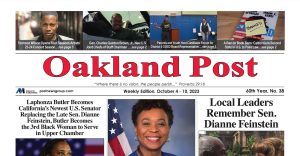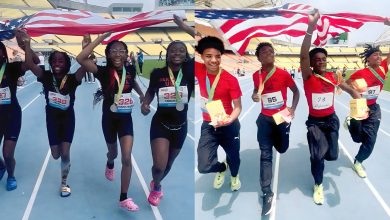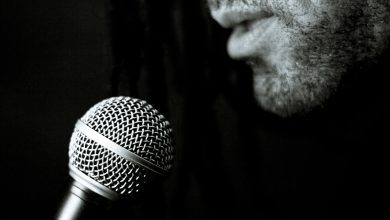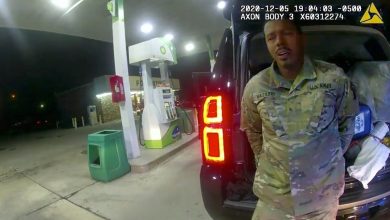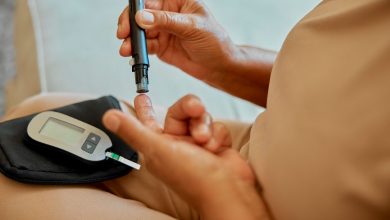Mountain Lion Sighting Reported at Richmond Park
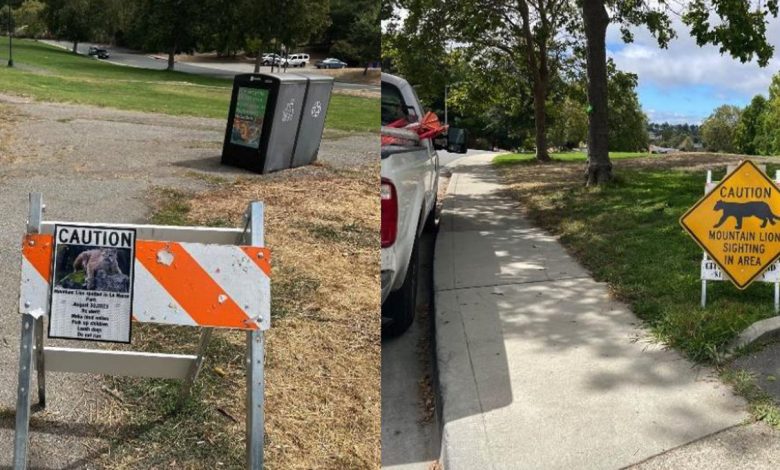
By Dr. Uzo Nwankpa, DNP, MSN, RN
The COVID-19 pandemic put an extra strain on Black, Indigenous and other people of color (BIPOC) healthcare workers.
Over half of all clinicians grapple with burnout symptoms, i.e. fatigue, detachment, depression, mental health decline, and medical errors.
The American Medical Association noted that Black physicians (37%) and physicians who identify as two or more races (45%) report the highest rates of burnout onset or increase due to COVID-19.
How do we prioritize the well-being of healthcare workers who put their lives on the line for our communities?
As a community health nurse and nursing instructor, I have witnessed burnout symptoms steal the light away from current and future healthcare workers.
I started my nursing journey in an ICU in 2008, facing constant life-or-death scenarios. Surrounded by fatigued, overworked, and undervalued colleagues, I experienced the brokenness of the culture of our medical system. Our healthcare workers need attention.
My journey began 25 years ago, as a young, newly arrived and under-resourced Black immigrant. I faced immense challenges that put me at risk. The relentless dance with assimilation, altering everything from my speech to my mannerisms, was exhausting and lead to years of depression and anxiety.
Family, friends, and my connection to my cultural practices were critical to my healing, empowering me to overcome many obstacles and enabling me to earn my first college degree. Firsthand, I have learned that the societal risk factors we face can be mitigated by protective factors.
One protective factor was reconnecting with my heritage, which provided me with a sense of empowerment. Memories of my ancestral homeland would resurface to remind me of the joys of meaningful interpersonal connection, intentional music to ward off ailments, nourishing meals to rejuvenate the senses, and laughter and tears flowing freely.
Deprivation of these cultural experiences in our modern lives may disrupt our spiritual well-being.
Utilizing African-indigenous cultural wisdom can offer relief among African descendants, Afro-diasporic seeds, and Black folk. In West Africa’s Igbo language, Agwu embodies the inspirer of talent, directing our focus toward artistic pursuits like music, dance, and storytelling.
Tuning into the rhythmic language, the beats of the ogene (metal gong), and the udu (clay pot) charges me up, nurses my cultural longing, and informed the development of the RICHER model-a five-step process to create community healing spaces.
Communal healing sessions utilize this model to support BIPOC healthcare workers in being seen, heard, and affirmed, and incorporates indigenous African healing practices like music, dance, mindfulness, storytelling, and expressivity. These communal sessions yield transformative results, as participants emerge feeling connected, lighter, and inspired to re-engage their restorative work.
Such self-care and strong interpersonal relationships are vital, and the onus shouldn’t fall on individuals alone. Organizations that employ healthcare workers must proactively prioritize well-being and burnout prevention initiatives. At the community level, policies and funding that support mental and emotional well-being are necessary to address this national priority.
Amid the pervasive issue of burnout, communal healing stands out as a beacon of hope and source of rejuvenation. By nurturing caregivers, revitalizing minds, and reigniting spirits, we have the opportunity to reshape the future for our clinicians and communities. Together, let’s revitalize our healthcare environment and elevate healthcare workers to optimal well-being in mind, body, and spirit.
Author Bio
Dr. Uzo Nwankpa is the founder and CEO of Wellness Promoters LLC (ww.wellnesspromoters.net), which partners with organizations to address clinician burnout. Dr. Uzo’s expertise lies in community healing sessions, especially for historically-marginalized community and healthcare workers.
Dr. Uzo is a collaborator of the Bay Area Chapter Association of Black Psychologists (BACABPsi), a healing resource committed to providing the Post Newspaper readership with monthly discussions about critical issues in Black Mental Health. Readers are welcome to contact us at bayareaabpsi@gmail.com and join us at our monthly chapter meetings every third Saturday via Zoom.
